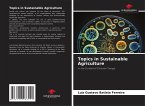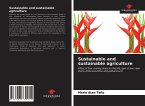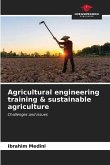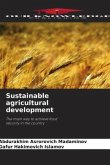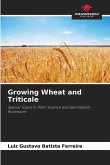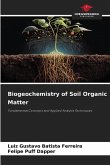Soil is a basic natural resource that supports all plant cover, without which living beings could not exist. This cover includes not only cultivated plants, but also all kinds of trees and roots that can be used by humanity. With technological advances in rural areas, the intensive and conventional use of soil combined with the excessive use of chemical fertilizers has been one of the main reasons for soil depletion and impoverishment. A large number of farmers still adopt the "culture of caution" and continue to fertilize their crops with nitrogen, phosphorus and potassium, without any major criteria for defining fertilizer dosages. It is common, for example, to apply fixed amounts of certain NPK formulations, which over time leads to an imbalance in the supply of these nutrients, in other words, unnecessary or oversized fertilizations are common. Given this scenario, it is necessary to carry out studies on fertilizer management strategies that meet the requirements of conservation agriculture.
Bitte wählen Sie Ihr Anliegen aus.
Rechnungen
Retourenschein anfordern
Bestellstatus
Storno


